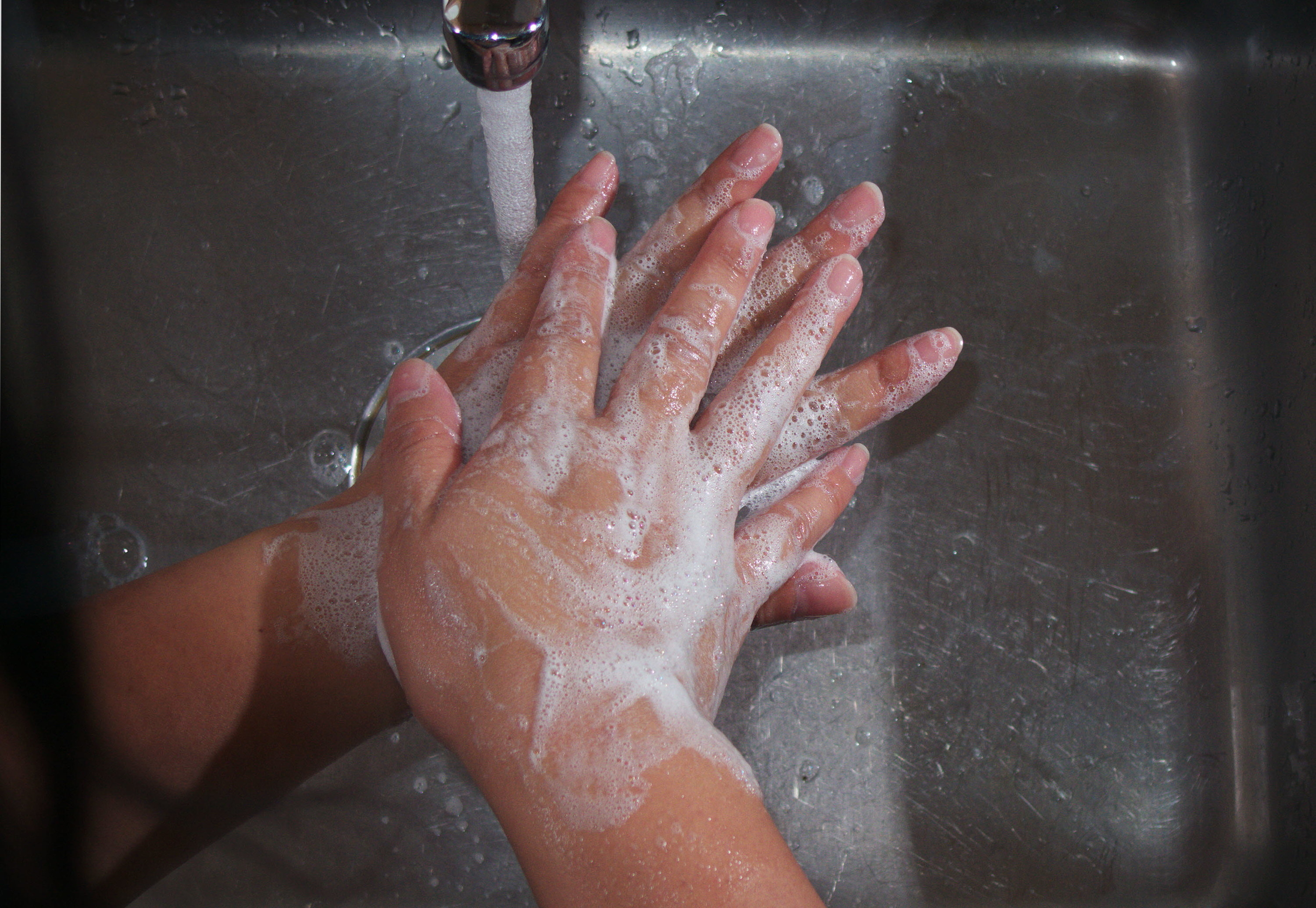Since it first appeared back in December last year, COVID-19, the disease caused by the novel coronavirus, has continued to spread across the world.
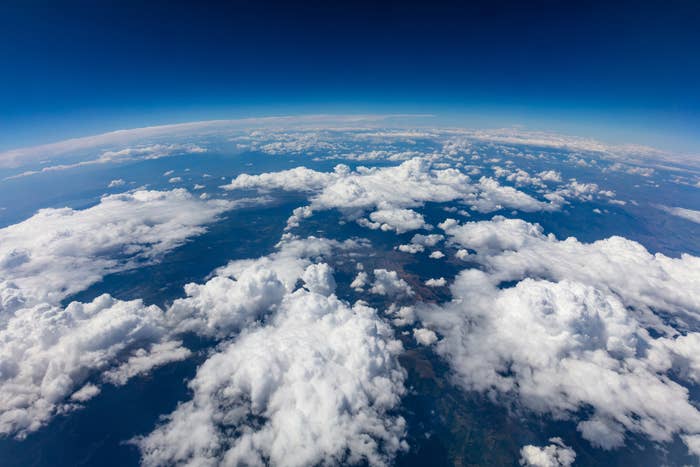
So what does that mean for travelers? Should you postpone your trip? Or cancel it altogether? If you have existing travel plans or are considering booking travel in the near-future, here are some things to keep in mind.
1. Refer to the US Department of State travel advisories and the Centers for Disease Control and Prevention (CDC) travel notices before deciding whether to cancel, postpone, or continue with your travel plans.
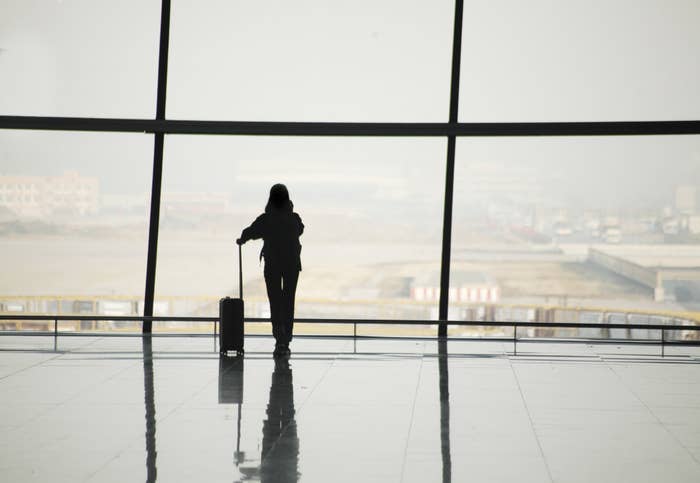
2. Be aware that increased restrictions have been placed on travelers entering the US from China and Iran.
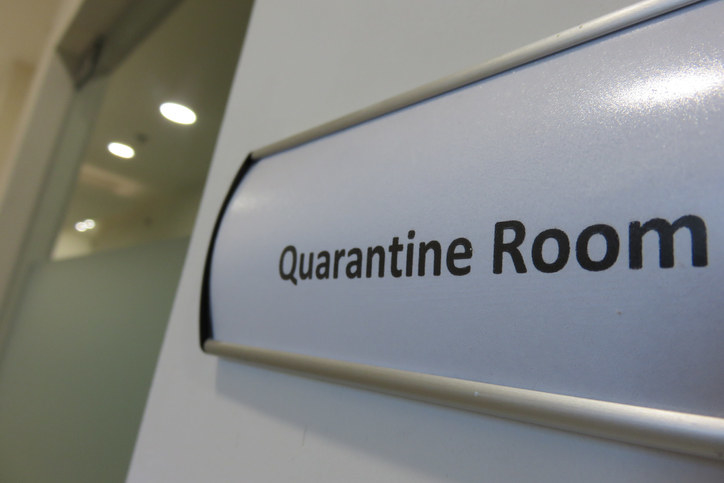
3. If you've traveled to a high-risk country, you may be asked to stay home 14 days (from the time you left the high-risk area) to monitor your health and practice "social distancing."

4. All travelers should take routine precautions, including avoiding contact with sick people, cleaning your hands often, and avoiding touching your face (particularly your eyes, mouth, and nose).

5. Wearing a face mask while traveling has not been recommended by the CDC as a way to protect yourself from coronavirus.
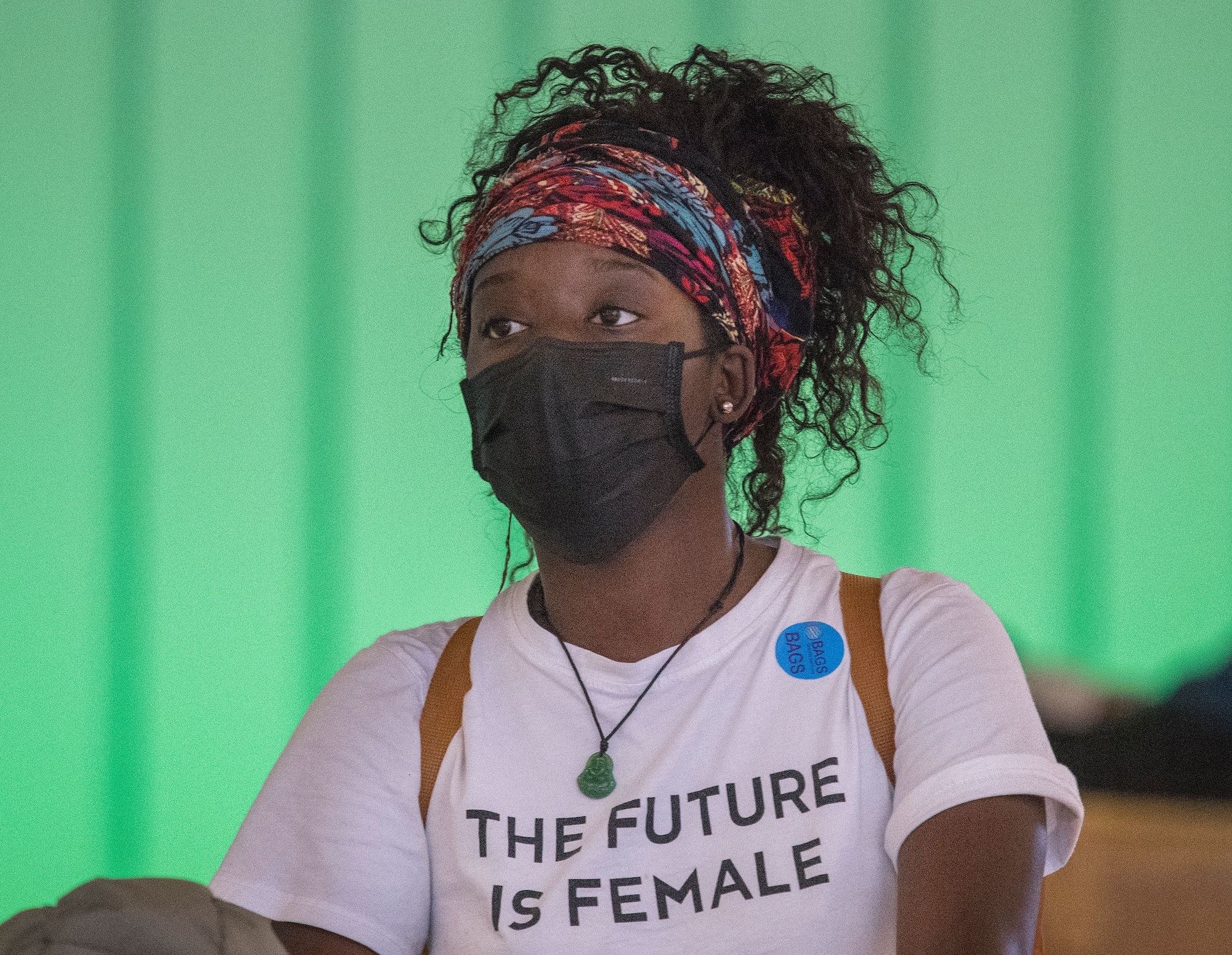
6. When it comes to airplanes, the safest place to sit is the window seat, since you're least likely to come into contact with an infected passenger (as if we weren't all fighting over window seats already).
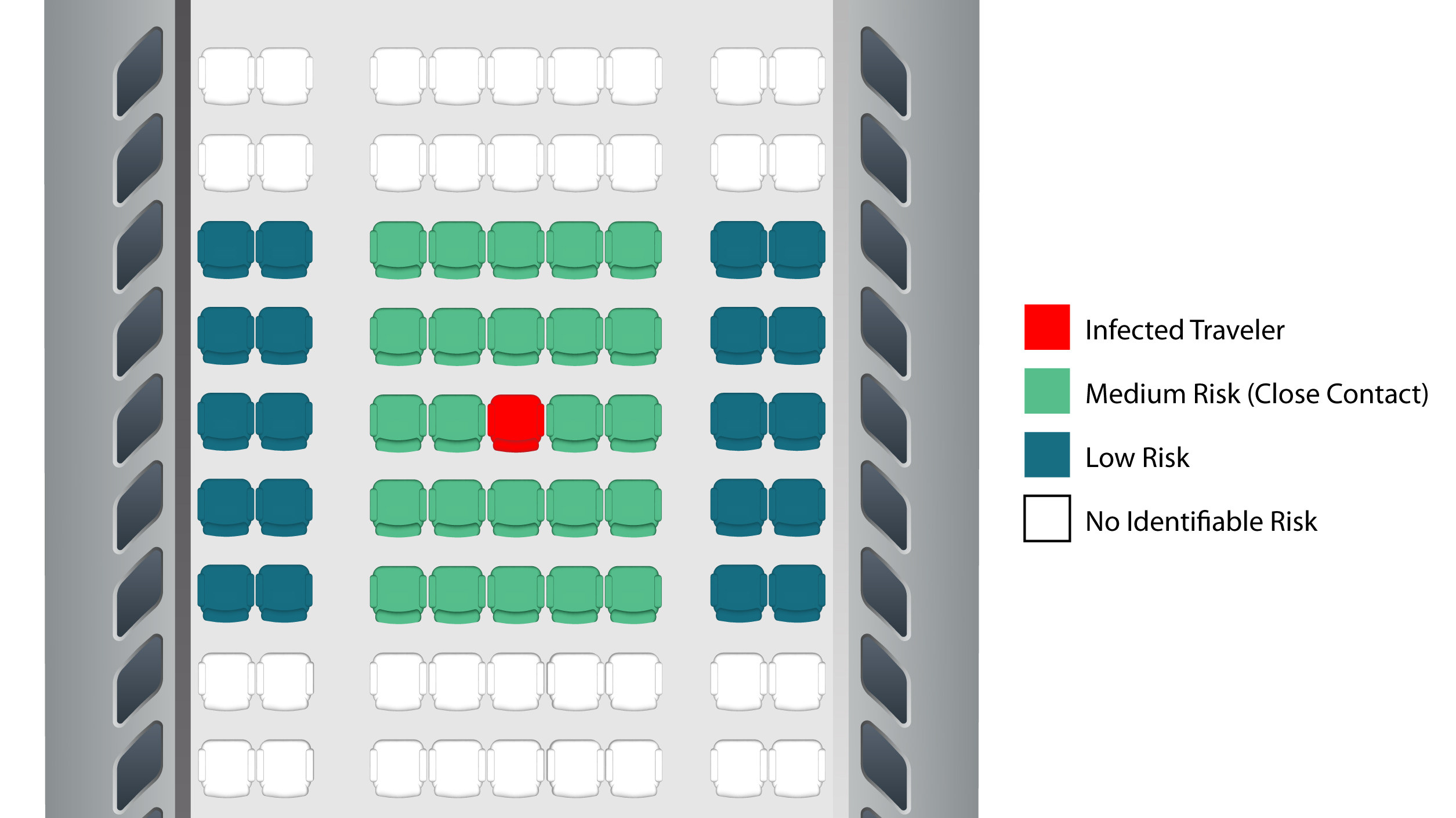
7. Cruise ships can pose more of a risk, since big groups of people from all over the world are put in frequent, close contact with one another.

8. If you're booking travel, opt for transport and hotels with flexible cancellation policies.
For the next 2 weeks, there’s no change or cancellation fees* with any of our fares. Applies to bookings made 2/27-3/11 for travel through 6/1/20. Details > https://t.co/Z2MO9WX3Zz
Some US airlines, including Delta, American Airlines, JetBlue, and United, have announced they'll be waiving change fees for flights booked within certain periods. Be sure to check with your airline carrier website and read the T&Cs before booking.
When booking accommodations, choose hotels with refundable rooms or home rentals with relaxed cancellation policies.
9. Be prepared for some big public events to be cancelled or tourist attractions closed.

10. Read the fine print on travel insurance.
Thinking about purchasing travel insurance for an upcoming trip abroad? #ProtectYourTrip and ask these questions when comparing policy options. https://t.co/BDsvv2bMnI
If you paid for your trip on a credit card, you might already have travel insurance — but that doesn't necessarily mean you'll be covered if you decide to cancel your trip.
According to Squaremouth, a travel insurance comparison website, travel insurance providers are now considering the coronavirus a "foreseen event" — meaning standard policies provide little (if any) coverage related to the outbreak. For that reason, if you decide to purchase coverage, it's important to choose a policy that allows you to cancel for any reason.
11. Tempted by all the cheap flights you're seeing everywhere? If you choose to book, know the risks.
this calls for a game of eenie, meenie, miney, GO 👆 👇 👈 👉
As of right now, the coronavirus outbreak has not been declared a pandemic by WHO. Though cases have been reported on every continent (except Antarctic), the CDC and the State Department have only issued coronavirus-related travel warnings for a handful of countries and regions.
"There’s still a lot we don’t know, but every day we’re learning more," WHO Director-General Dr. Tedros Adhanom Ghebreyesus said in a media briefing on March 5. Given the many unknowns, it's hard to predict what the situation will look like in the future. If you do decide to pounce on a cheap plane ticket, be aware of the potential risks. Check the airline's change policies, book refundable accommodations, decide if it's worth investing in a comprehensive travel insurance policy, and most importantly, practice routine precautions, stay informed, and monitor the CDC and State Department for travel warnings updates.
Overall, the two most important ways to be safe are to wash your hands (properly!!) and to stay informed.
